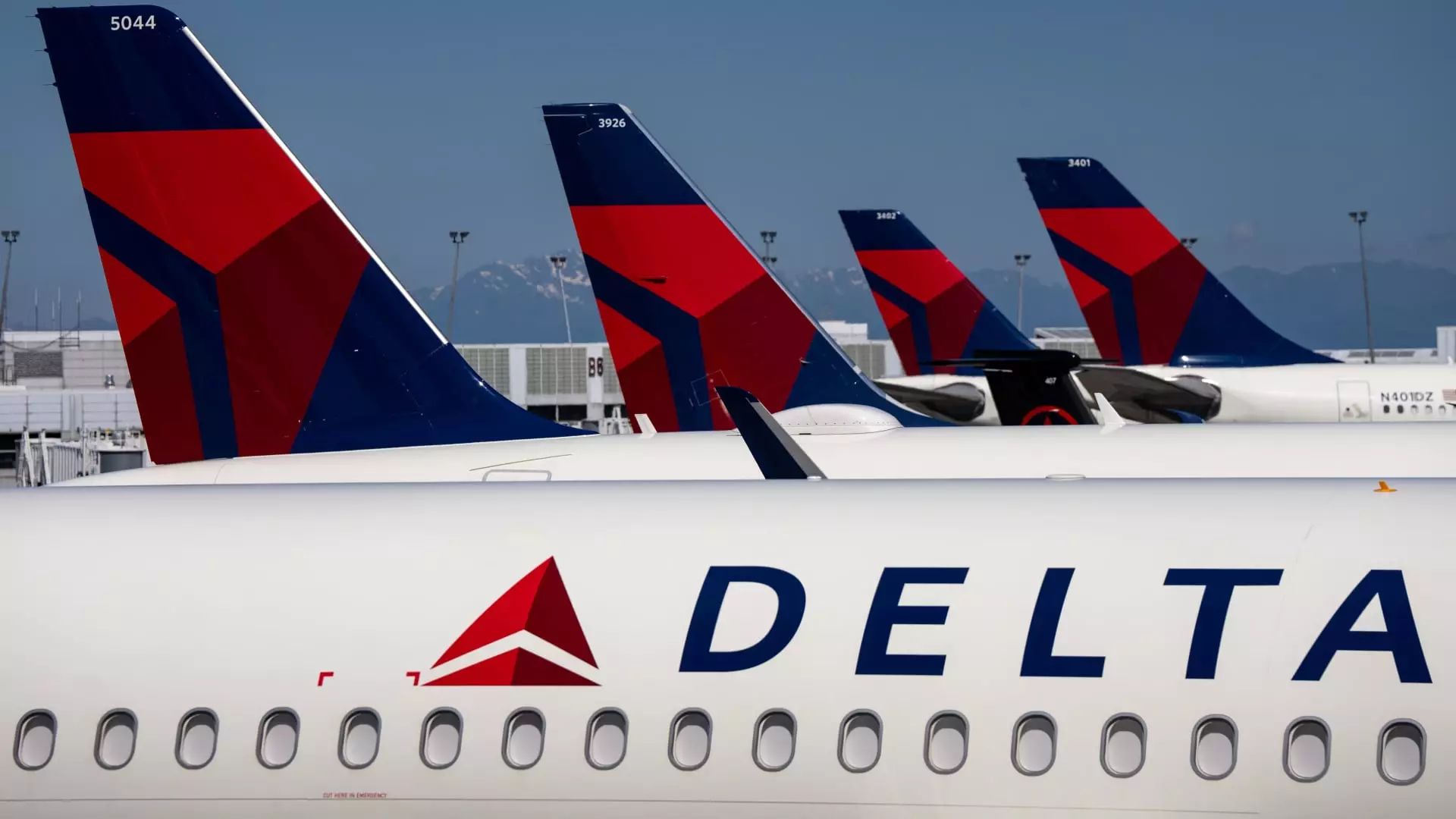Microsoft recently came forward with accusations against Delta Air Lines regarding the mass disruptions that occurred due to an IT outage. The tech giant criticized Delta for not modernizing its technology infrastructure and failing to recover as quickly as its competitors. According to Mark Cheffo, a Dechert partner representing Microsoft, Delta’s lack of IT modernization hindered its ability to bounce back from the outage efficiently.
In response to Microsoft’s allegations, Delta defended its track record of investing in safe, reliable, and elevated service for its customers and employees. The airline highlighted its significant IT capital expenditures since 2016 and billions spent annually on IT operating costs. Delta emphasized its commitment to technological advancement and innovation in delivering exceptional service to its stakeholders.
The dispute between Microsoft and Delta escalated when Delta’s attorney, David Boies, accused Microsoft of failing to comply with contractual requirements and acting grossly neglectful in connection with the faulty update from CrowdStrike. Microsoft retaliated by denouncing Delta’s claims as incomplete, false, misleading, and damaging to its reputation. The legal confrontation between the two parties remains a contentious issue ripe with accusations and counter-accusations.
Microsoft claimed that it offered free assistance to Delta following the IT outage but was repeatedly turned away. The tech company alleged that Delta rejected their help despite facing significant challenges in restoring its IT systems. Delta CEO Ed Bastian confirmed that CrowdStrike did not provide any financial compensation but instead offered free consulting advice to mitigate the fallout from the incident. The breakdown in communication and refusal of aid from Microsoft raised questions about Delta’s decision-making process during the crisis.
It was revealed that Delta’s crew-tracking and scheduling systems were serviced by other technology providers such as IBM and Amazon, not Microsoft. This raises doubts about the extent to which Microsoft’s technology was implicated in the IT outage that affected Delta’s operations. Delta’s reliance on a hybrid-cloud architecture running on Red Hat’s OpenShift software and Amazon Web Services further complicates the narrative of Microsoft’s culpability in the crisis.
Microsoft demanded that Delta retain records showing how technologies from IBM, Amazon, and other providers contributed to the airline’s issues during the outage period. This suggests that Microsoft is keen on examining the role of other technology partners in shaping the outcomes of the IT incident. The investigation highlights the complexity of modern IT systems and the interconnected relationships between various tech companies in the airline industry.
The conflict between Microsoft and Delta underscores the importance of IT modernization, effective communication, and collaborative problem-solving in today’s technology-driven business environment. The intersection of legal disputes, technical failures, and corporate responsibility reveals the intricate challenges faced by companies operating in a digital world. Both Microsoft and Delta must navigate this complex landscape with transparency, accountability, and a commitment to technological advancement to safeguard their interests and ensure the reliability of essential services.

